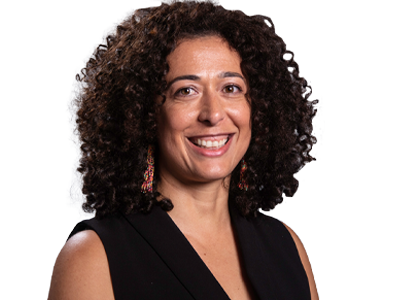Hosted By

Chief Executive Officer Cheeky Scientist

Data Scientist is a surging career track for PhDs, even during the recession, but you have to be able to navigate the unique hiring process in order to transition into this field.
To get the inside information on the data scientist hiring process, join Isaiah as he interviews Shobeir Mazinani, PhD.
Here’s a quick rundown of this week’s episode…
- First, Isaiah interviews a few PhDs who’ve successfully transitioned into data scientist roles.
- Next, gain vital advice on what it takes to become a data scientist.
- Finally, Isaiah and Shobeir walk you through the data scientist hiring process.
From This Week’s Show…
Advice From A Data Scientist
I’m very excited about today’s show. We’re going to bring on a panel of data scientists to talk about this exciting career track.
You can get hired into a data scientist role and learn on the job.
So one of the biggest things I did was I chased the technology at the beginning. The biggest help came from one comment. She basically told me don’t follow the technology, follow the principles.
I would say, talk to people who are more experienced because they have made a lot of mistakes that you don’t need to do and follow the basics rather than the technologies.
The biggest reason that they’re hiring PhDs that are not even from computer science, is that they want someone to come in and solve a business problem. So, they want someone who knows how to think critically and who knows how to, first of all, consume a lot of information in a very short amount of time and then start producing results.
A data scientist is a person that has to frame the problem into what is needed for a decision to be made and then goes and searches and brings back the goal. So it’s all about how much business impact you can have.
How to Get Hired As A Data Scientist
Those three types of skills – technical transferable business – you’ll be trained on those in the syndicate as well.
Can I translate my technical findings into something a bit nontechnical and still be accurate?
So, you have to first define what is the problem that you want to solve. Can you make a business problem into a mathematical problem to then solve?
You have to say it in a brief sentence so that the nontechnical person understands, and it’s not too oversimplified so that the technical person would be like, “you have no idea what you’re talking about.” So it’s that balance that you’ll have to do.
A lot of companies have a mixture of one or two data scientists and one or two non-data scientists on the forum. So, one of them would normally test you for cultural fit. The other one, would then test you on your business, acumen and problem solving. Then, the other one, test you on, let’s say machine learning and the final one may test you on statistics and experiment design and coding.
It’s easier than you think, it’s a lot easier. You just have to go get some experience, try to read a little bit more about some of the lingo, and also try to always take one step back and ask yourself, “why am I solving this problem?“
By putting things on GitHub, you show a track record of progress, which is good for yourself and good for the person who is trying to judge if you are a good candidate.
You’re not going to be building a lot of models in your lifetime. A lot of your time is actually spent cleaning the data and making sure it says what it’s supposed to say. Can you zoom out and see what is the big problem I’m solving then zoom in and say, this is the thing I did then zoom out and put it in the right context?
A lot of times, the problem that people have when interviewing PhDs is that they’re not ready to make that transition from that academic mindset. To focus on other people’s needs rather than just the interest in the problem for the sake of the problem.
So. learn the basic algorithms first and then expand to deep learning, expand to more specialized image processing or computer vision or natural language processing. So these are all sub-segments of a bigger machine learning.
** for the full podcast, check out the audio player above.
To get advanced access to the full length versions of these podcasts, as well as access to our live training webinars, exclusive training videos, case studies, industry insider documents, transition plan, and private online network, get on the waitlist for the Cheeky Scientist Association now.










